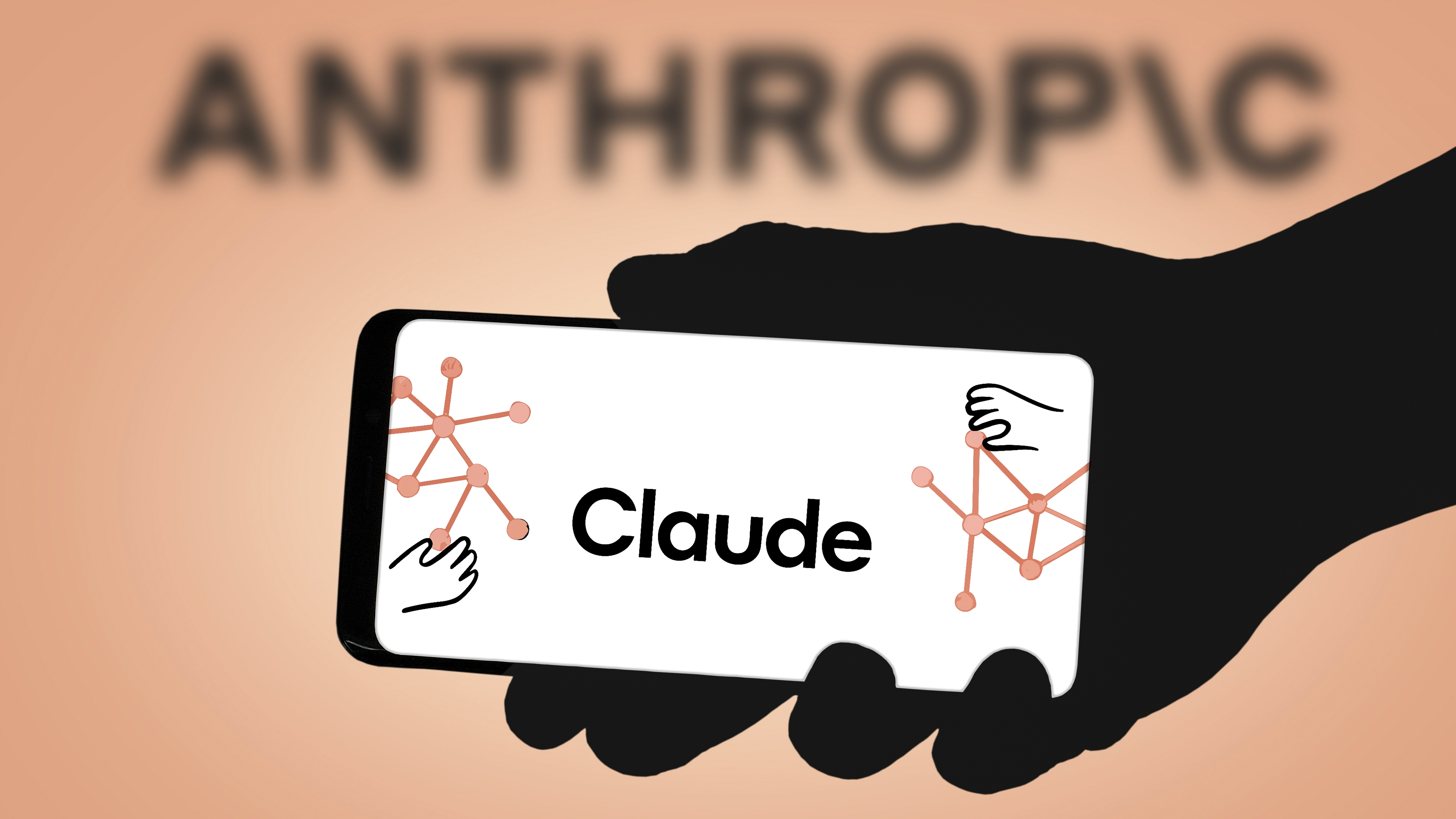Gaming
Explore Gaming
Latest about Gaming
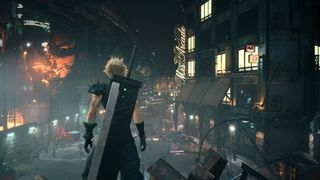
I just played Final Fantasy VII Remake on Nintendo Switch 2 and it’s stunning — especially in handheld mode
By Rory Mellon published
Final Fantasy VII Remake Intergrade has arrived on Nintendo Switch 2, and this excellent edition of a fantastic game is a true must-play.
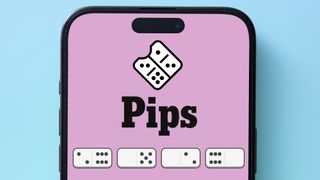
NYT Pips today hints and answers: January 28
By Scott Younker last updated
Get clues and answers for today's NYT Pips to keep your streak going.

NYT Connections today hints and answers for Wednesday, January 28 #962
By Scott Younker last updated
Get today's NYT Connections clues and answers for today's puzzle #962 on January 28.

Today's NYT Strands hints and answer: solutions to game #696, January 28
By Alan Martin last updated
We help you find today's Strands answers with some useful hints and tips to win.

Today’s Wordle hints and answer: January 28, 2026, solution #1,684
By Alan Martin last updated
Find out what today's Wordle hint and answer is and get some tips for it, plus see the solutions to previous games.
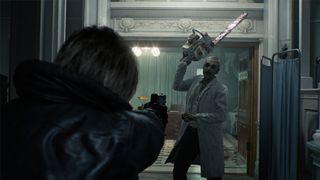
I just played Resident Evil Requiem — and its mix of action and horror is exactly what I want
By Tony Polanco published
I played the latest Resident Evil Requiem demo and saw how Leon Kennedy and Grace Ashcroft balance action and horror. Here are my hands-on impressions.
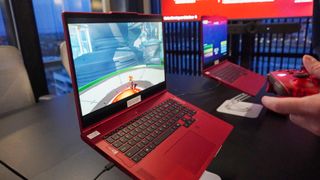
Xbox gaming makes the jump to Windows on Arm, but can it stem the tide of gamers turning to Linux?
By Lloyd Coombes published
Microsoft’s Xbox app just arrived on ARM, but is it enough as gamers are swayed by Linux?
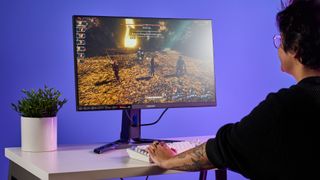
If you’re a PC gamer, these are the accessories you need to elevate your setup — from powerful speakers to a fast monitor
By Nikita Achanta published
I test tech for a living, and I believe these are the best controller, keyboard, mouse, monitor and speakers for PC gamers.
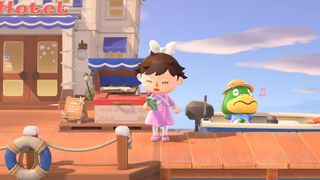
I've played Animal Crossing: New Horizons for 700 hours, and the 3.0 update left me wanting more in the best kind of way
By Millie Davis-Williams published
Animal Crossing: New Horizons has gotten a huge free content update, and it's pretty much everything I've been asking for as a huge fan of the series.
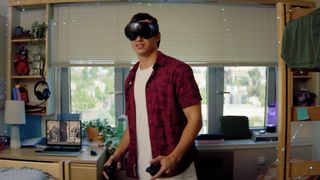
The Steam Frame’s biggest problem is (ironically) Half-Life: Alyx, and Valve needs to recapture the VR magic
By Darragh Murphy published
Valve's Steam Frame is set to take VR gaming to new heights, but its very own Half Life: Alyx set the bar high, and more VR titles need to reach that standard.
Here at Tom’s Guide our expert editors are committed to bringing you the best news, reviews and guides to help you stay informed and ahead of the curve!
 Club Benefits
Club Benefits





